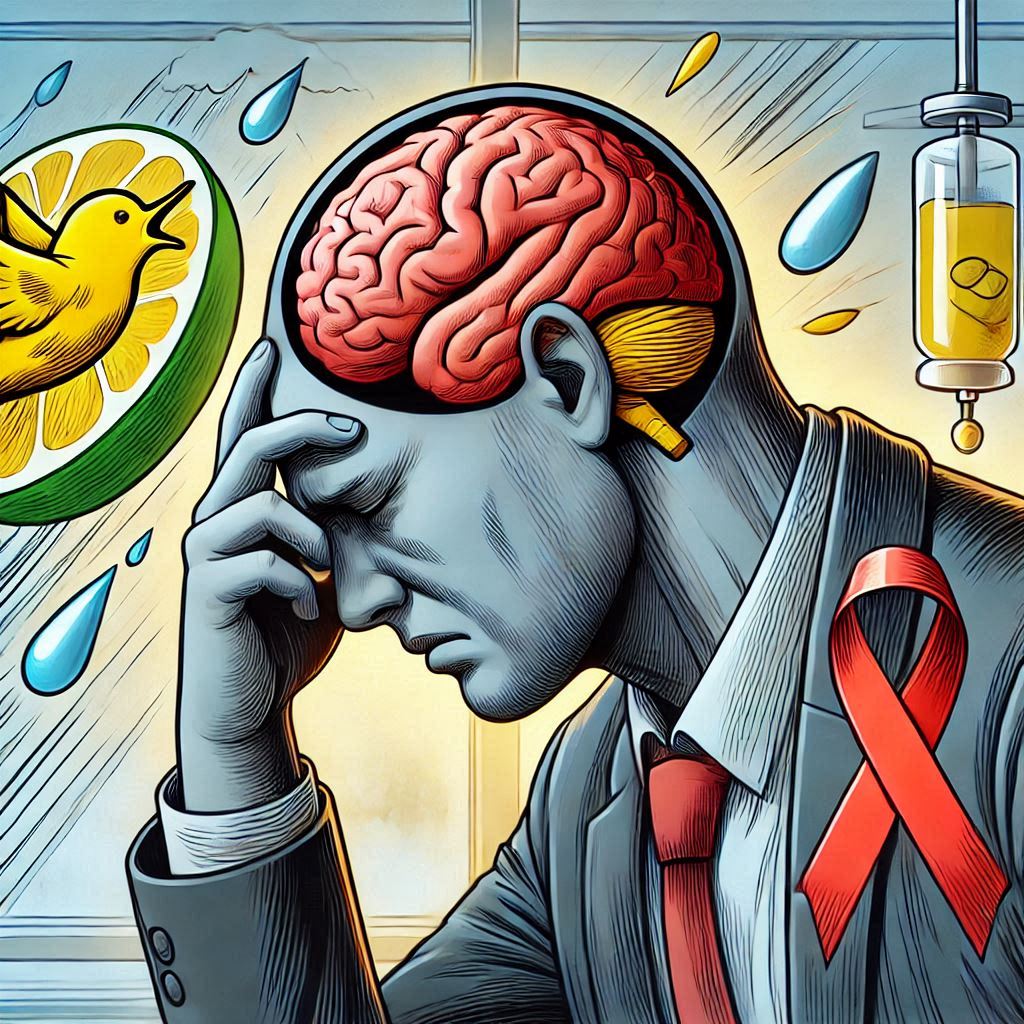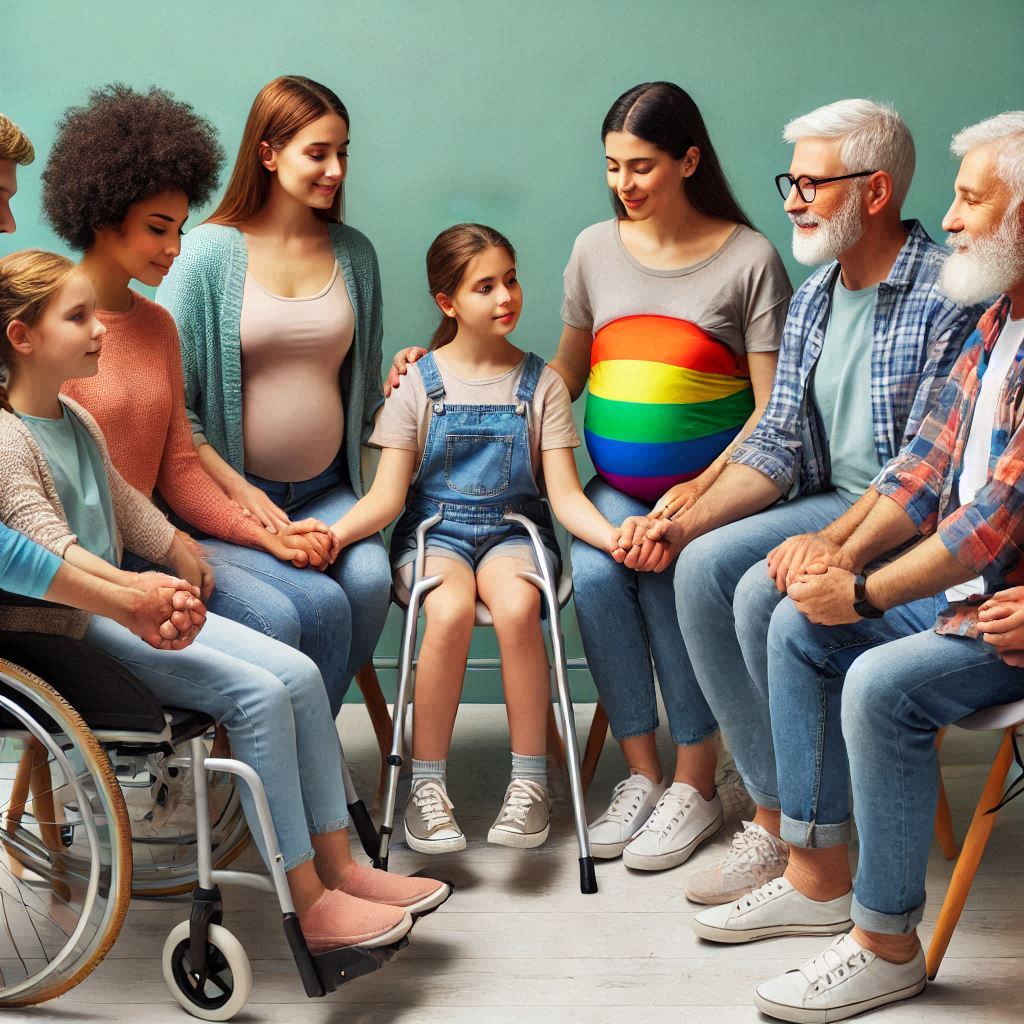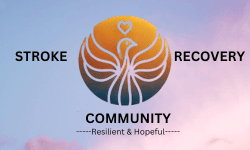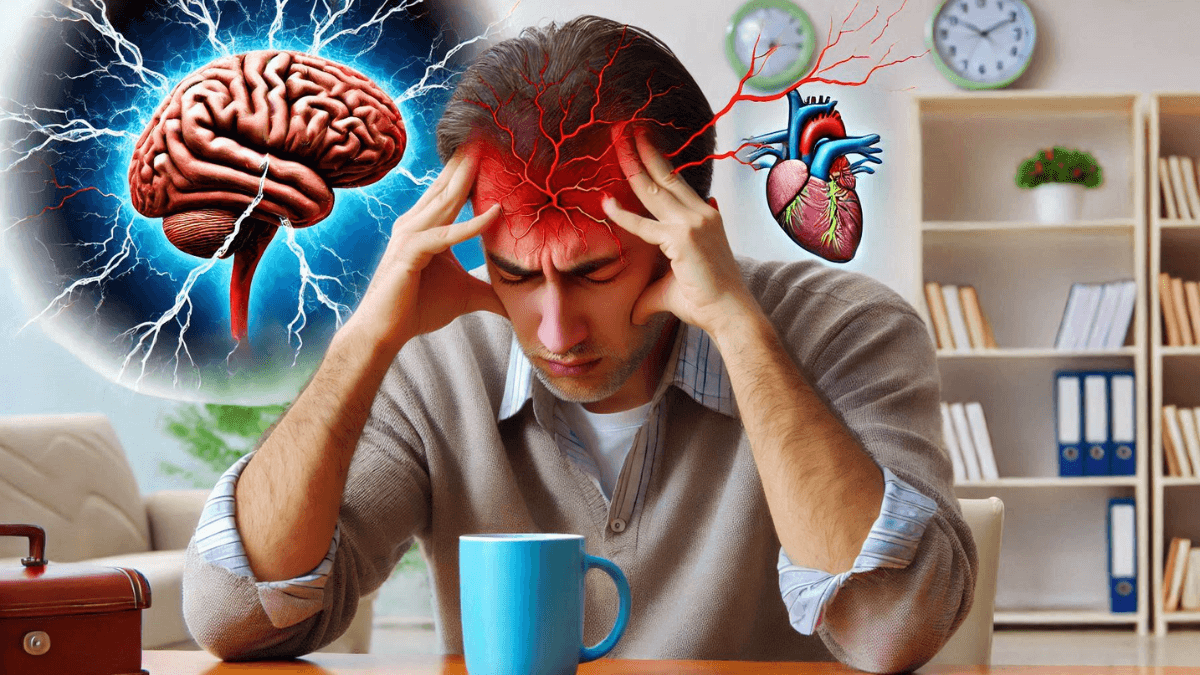Table of Contents
- 1. Introduction
- 2. Common Emotional Challenges After Stroke
- 3. Depression After Stroke
- 4. Anxiety and Emotional Uncertainty
- 5. Emotional Lability and Mood Regulation
- 6. Loss of Identity and Grief
- 7. Impact on Relationships and Social Dynamics
- 8. Professional and Psychological Support
- 9. Self-Care and Emotional Wellness
- 10. Conclusion
- 11. Call to Action
- 12. Newsletter Signup:
- You May Also Be Interested In:
1. Introduction
While the physical effects of a stroke are often apparent, the emotional impact can be equally profound and often overlooked. Addressing mental health is a crucial part of the recovery process. Recognizing and understanding the emotional challenges faced by stroke survivors can aid in healing and help break the stigma surrounding post-stroke emotions.
2. Common Emotional Challenges After Stroke
2.1 Psychological Impacts
- Depression: A common consequence of stroke, affecting mood, energy levels, and overall well-being.
- Anxiety: Post-stroke anxiety can stem from fears of recurrence, changes in abilities, and social interaction challenges.
- Emotional Lability (Mood Swings): Sudden changes in mood, including uncontrollable crying or laughing.
- Post-Traumatic Stress: Traumatic experiences related to the stroke can lead to stress and anxiety.
- Loss of Identity and Independence: Adjusting to new limitations can impact self-worth and independence.

2.2 Neurological Basis of Emotional Changes
- Brain Injury and Emotional Regulation: Damage to brain areas responsible for emotional regulation can lead to mood changes.
- Physiological Changes Affecting Mood: Stroke can cause physiological changes that impact emotional well-being.
- Neurochemical Disruptions: Disruptions in brain chemistry can affect mood and emotions.
- Impact of Brain Location on Emotional Processing: The location of the stroke can influence emotional responses and regulation.
3. Depression After Stroke
3.1 Understanding Post-Stroke Depression
- Prevalence and Statistics: Depression is common among stroke survivors, with prevalence rates varying widely.
- Warning Signs and Symptoms: Includes persistent sadness, loss of interest in activities, changes in appetite or sleep, and feelings of hopelessness.
- Biological and Psychological Factors: Both biological changes and psychological stressors contribute to post-stroke depression.
- Impact on Recovery and Quality of Life: Depression can hinder recovery progress and reduce the quality of life.
3.2 Coping Strategies for Depression
- Professional Mental Health Support: Seeking help from psychologists, psychiatrists, or counselors.
- Medication Options: Antidepressants may be prescribed to manage symptoms.
- Psychological Therapies: Cognitive-behavioral therapy (CBT) and other therapeutic approaches.
- Support Group Participation: Joining groups for shared experiences and encouragement.
- Family and Caregiver Support Techniques: Family involvement and support play a vital role in recovery.

4. Anxiety and Emotional Uncertainty
4.1 Roots of Post-Stroke Anxiety
- Fear of Recurrence: Anxiety about the possibility of another stroke.
- Uncertainty About Future Abilities: Worries about long-term recovery and abilities.
- Social Interaction Challenges: Difficulty in social settings due to changes in abilities.
- Performance Anxiety: Concerns about performing daily activities.
4.2 Managing Anxiety
- Cognitive Behavioral Techniques: CBT methods to manage anxious thoughts.
- Relaxation and Mindfulness Practices: Techniques like deep breathing, meditation, and mindfulness.
- Professional Counseling: Seeking help from mental health professionals.
- Stress Reduction Strategies: Engaging in activities that reduce stress, such as hobbies and physical exercise.

5. Emotional Lability and Mood Regulation
5.1 Understanding Sudden Emotional Changes
- Pseudobulbar Affect: A condition characterized by sudden, uncontrollable emotional outbursts.
- Uncontrolled Crying or Laughing: Emotional responses that are disproportionate to the situation.
- Emotional Sensitivity: Increased sensitivity to emotional stimuli.
- Neurological Causes: Brain injury affecting emotional control and regulation.
5.2 Coping and Management Techniques
- Medical Interventions: Medications may help manage symptoms.
- Psychological Support: Therapy and counseling to address emotional challenges.
- Communication Strategies: Techniques to improve communication and understanding of emotional changes.
- Family Education and Support: Educating family members to better support the survivor.
6. Loss of Identity and Grief
6.1 Psychological Impact of Functional Changes
- Grieving Lost Abilities: Mourning the loss of pre-stroke abilities.
- Redefining Self-Worth: Finding new ways to feel valuable and purposeful.
- Adapting to New Limitations: Learning to live with new physical or cognitive limitations.
- Maintaining Sense of Purpose: Finding meaning and purpose in new activities.
6.2 Rebuilding Identity and Confidence
- Adaptive Goal-Setting: Setting achievable goals to build confidence.
- Celebrating Small Victories: Recognizing and celebrating progress.
- Therapeutic Approaches: Engaging in therapies that support emotional healing.
- Developing New Skills and Interests: Exploring new hobbies and interests.

7. Impact on Relationships and Social Dynamics
7.1 Relationship Challenges
- Caregiver Stress: The stress and burden on caregivers.
- Family Dynamic Shifts: Changes in family roles and dynamics.
- Communication Difficulties: Challenges in expressing and understanding emotions.
- Intimacy and Emotional Connection: Impact on intimate relationships and emotional bonding.
7.2 Relationship Support Strategies
- Couples Counseling: Therapy to support relationship dynamics.
- Communication Training: Improving communication skills within the family.
- Support Groups: Joining groups for shared support and understanding.
- Rebuilding Social Connections: Encouraging social interactions and connections.
8. Professional and Psychological Support
- Types of Mental Health Professionals: Psychologists, psychiatrists, counselors, and social workers.
- Therapy Approaches: CBT, psychotherapy, and other therapeutic methods.
- Medication Considerations: Discussing medication options with healthcare providers.
- Holistic Healing Strategies: Integrating physical, emotional, and spiritual healing practices.

9. Self-Care and Emotional Wellness
- Nutrition for Mental Health: Consuming a balanced diet to support brain health.
- Exercise and Mood: Physical activity to improve mood and reduce stress.
- Sleep and Emotional Regulation: Ensuring adequate sleep for emotional well-being.
- Stress Management Techniques: Practices like yoga, meditation, and deep breathing exercises.
10. Conclusion
Understanding and addressing the emotional effects of a stroke are crucial for comprehensive recovery. Normalizing emotional challenges and seeking appropriate support can lead to significant improvements in mental well-being. With hope and resilience, stroke survivors can navigate their emotional recovery journey effectively.

11. Call to Action
We encourage you to share your experiences and tips in the comments section. Explore our website for more resources and product reviews to aid in your emotional recovery journey. Engage with our community for support and stay informed with the latest tips and tools to enhance your recovery process.
12. Newsletter Signup:
- Empowering Recovery: Get the latest tips, knowledge, products, and blogs to support your stroke recovery journey.
- Stay Informed: Receive expert advice, inspiring stories, and practical resources for a successful stroke recovery.
- Join Our Community: Subscribe to access valuable insights, helpful products, and support for stroke survivors.
Categorie
Recent Post
- Financial Effects of Stroke: Managing Costs and Finding Support
- Improving Balance After a Stroke: Tips and Exercises for Stability
- Improving Arm and Hand Function After a Stroke: Rehabilitation Techniques
Popular Products










Leave a Reply